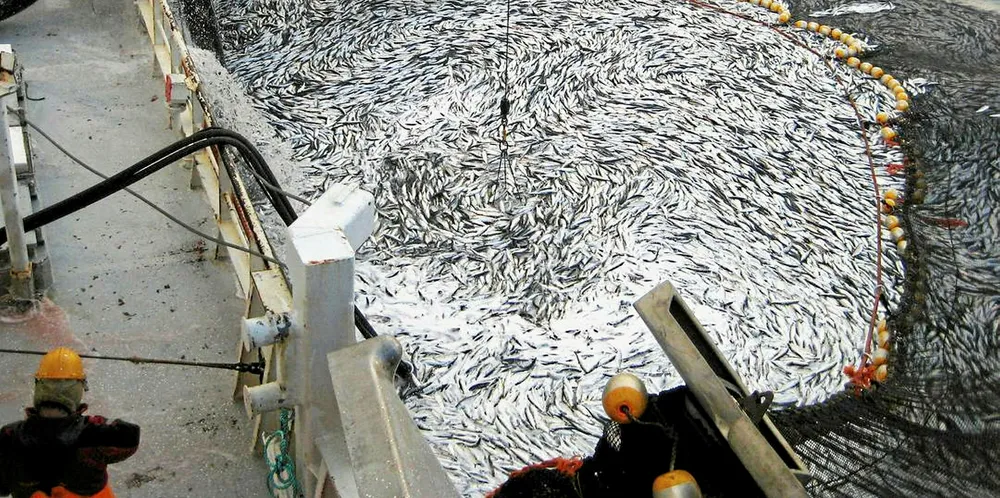'High risk': Marine Stewardship Council warns window closing for Atlanto-Scandian herring's eco-label
The eco-label group warned countries entering negotiations that failure to reach a deal on TACs could come at a price.

The eco-label group warned countries entering negotiations that failure to reach a deal on TACs could come at a price.
